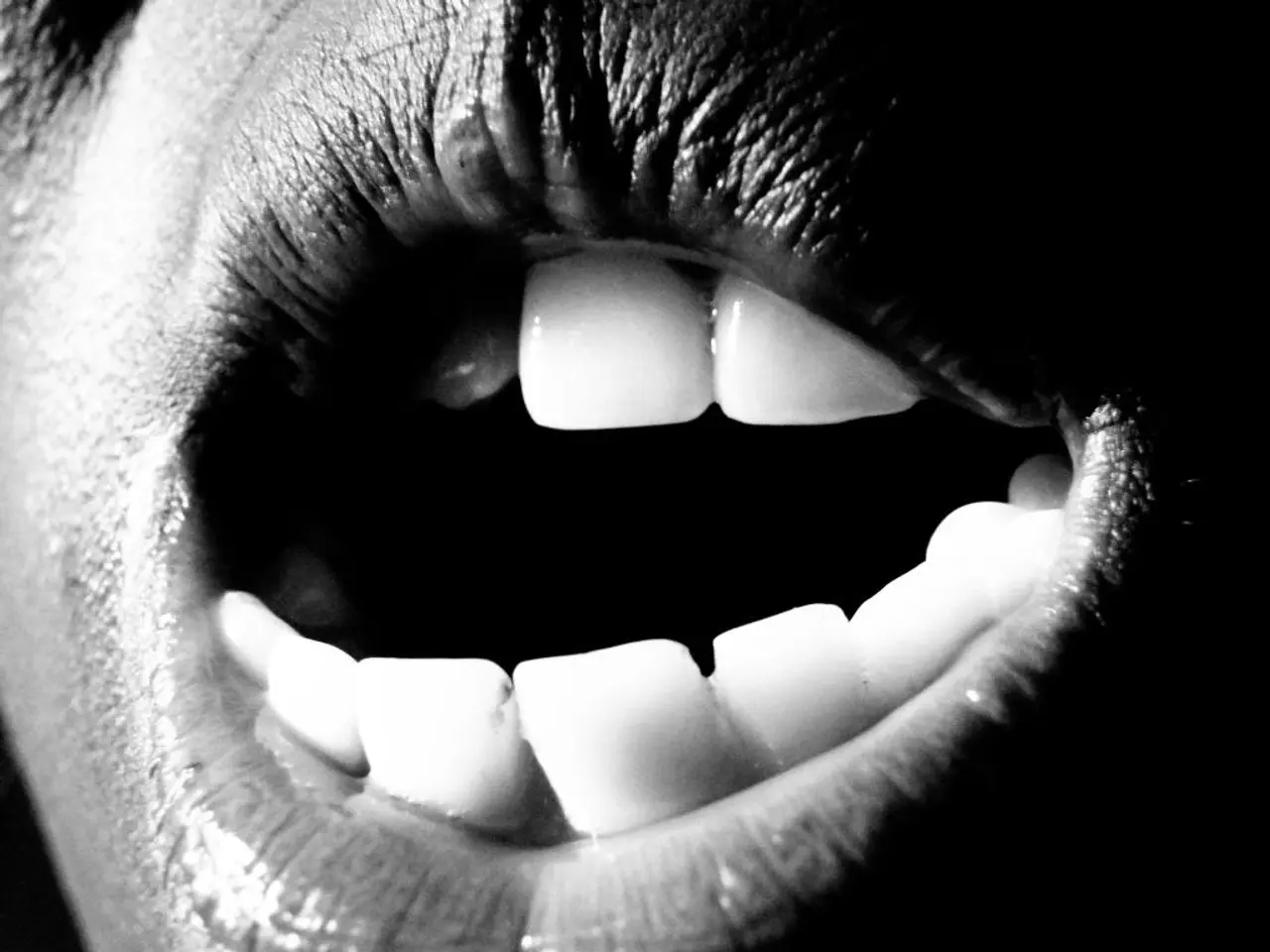Self-purchased ultrasonic scalers come with a health warning from the Public Health Ministry
Warning Issued Against Home Use of Ultrasonic Scalers
In response to the growing popularity of ultrasonic scalers on social media, the Public Health Ministry has issued a warning advising against their use at home.
The use of ultrasonic scalers for teeth cleaning at home carries significant risks, primarily due to potential damage to gums and teeth when used without professional training and supervision.
One of the key risks is gum damage and irritation. Ultrasonic scalers operate at high vibration frequencies, and too much pressure or improper use can cause gum trauma or recession. While some devices have pressure sensors to reduce the risk, improper technique or excessive force can still cause harm.
Another risk is tooth damage. Aggressive or incorrect use may damage enamel or tooth surfaces, especially if the scaler is applied too forcefully or inappropriately.
Incomplete or improper cleaning might also cause damage to gum tissue, facilitating bacterial entry and increasing the risk of infection or worsening gum disease.
Home devices do not sterilize germs, spores, or viruses, meaning they cannot fully clean or disinfect. Additionally, ultrasonic devices are electrically powered; malfunction could pose risks such as electric shock, especially when used near saliva and water.
Furthermore, ultrasonic scalers are not suitable for treating complex dental conditions. Professional scaling and root planing not only remove deposits but treat gum disease effectively and safely, something ultrasonic scalers alone cannot replace at home.
Dental professionals generally advise against unsupervised use of ultrasonic scalers at home due to these risks. Instead, they recommend professional cleaning for safe and effective gum and tooth care.
In summary, while ultrasonic scalers can assist in removing dental calculus, improper home use can cause gum injury, tooth damage, and increase infection risks, making professional dental care the safest option.
References:
[1] Gum damage and irritation: https://www.ncbi.nlm.nih.gov/pmc/articles/PMC5798607/
[2] Lack of sterilization and safety issues: https://www.ncbi.nlm.nih.gov/pmc/articles/PMC6435423/
[3] Inappropriate for complex dental conditions: https://www.ncbi.nlm.nih.gov/pmc/articles/PMC6016826/
[4] Infection risk: https://www.ncbi.nlm.nih.gov/pmc/articles/PMC6271230/
[5] Tooth damage: https://www.ncbi.nlm.nih.gov/pmc/articles/PMC6435423/
- The use of these home ultrasonic scalers, despite their growing popularity, can pose a threat to both health-and-wellness and the economy, as repeated misuse might necessitate costly dentist visits to address gum damage or tooth damage.
- The technology behind ultrasonic scalers may be advanced, but its lack of sterilization capabilities and the potential safety issues associated with its use in the wrong hands can negatively impact health, particularly when it comes to preventing the spread of germs and infections.
- In the realm of business, personal use of ultrasonic scalers disregards the importance of science-backed dental care and the professional expertise required to ensure safe and effective cleaning, root planing, and treatment of complex dental conditions.




